Bearing Pipes
Pipes designed for bearing loads, offering high strength and durability.
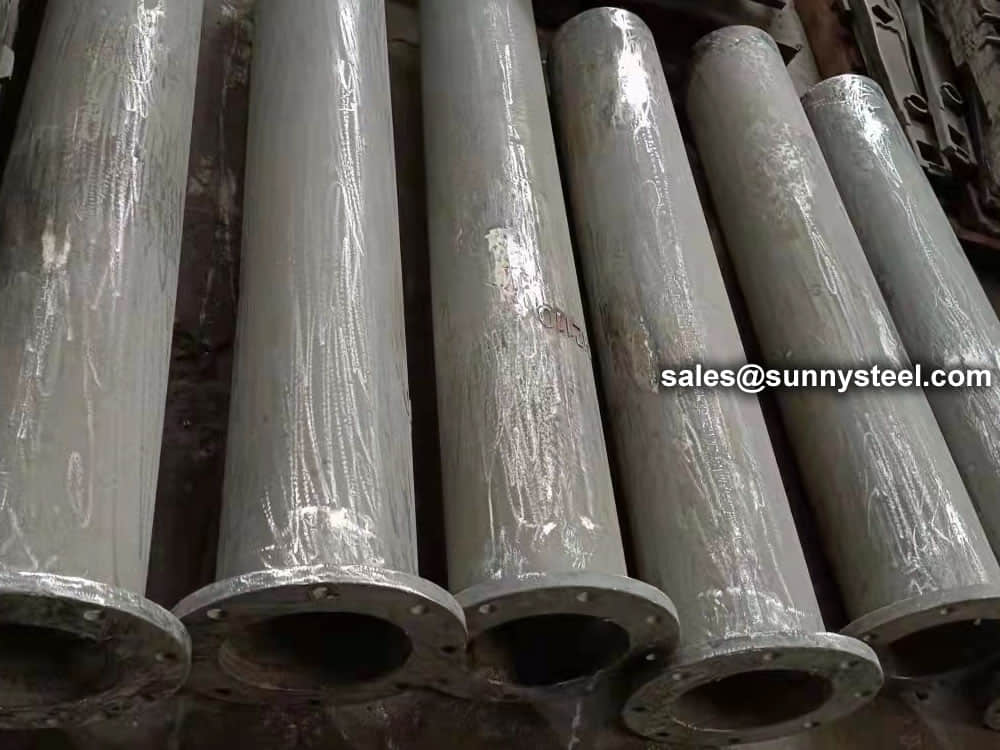
35CrMo seamless steel pipe is a durable and reliable material that is suitable for various mechanical and industrial applications.
35CrMo steel material belongs to alloy structural steel. 35 refers to the carbon content of about 35%, Cr is chromium, and Mo is molybdenum.
35CrMo steel material has high static strength, high impact toughness, high fatigue limit, higher hardenability than 40Cr steel, high temperature resistance, long-term working temperature can reach 500 ℃, poor welding performance.
35CrMo is a type of alloy steel that contains chromium and molybdenum as its main alloying elements. The specific chemical composition may vary slightly depending on the manufacturing standards and requirements.
| Element | Composition |
|---|---|
| Carbon C | 0.32 - 0.40 |
| Silicon Si | 0.17 - 0.37 |
| Mn | 0.40 - 0.70 |
| Sulfur S | Allowable residual content ≤ 0.035 |
| Phosphorus P | Allowable residual content ≤ 0.035 |
| Cr | 0.80 - 1.10 |
| Ni | Allowable residual content ≤ 0.030 |
| Cu | Allowable residual content ≤ 0.030 |
| Mo | 0.15 - 0.25 |
The mechanical properties of 35CrMo steel material were as follows:
| Property | Value |
|---|---|
| Tensile strength σb (MPA) | ≥ 985 (100) |
| Yield strength σs (MPA) | ≥ 835 (85) |
| Elongation δ5 (%) | ≥ 12 |
| Area reduction ψ (%) | ≥ 45 |
| Impact energy Akv (J) | ≥ 63 |
| Hardness | ≤ 229HB |
Delivery condition: annealing / tempering.
Hardness: ≦229 HBW
35CrMo has high static strength, impact toughness and high fatigue limit, harden ability is higher than 40Cr , higher creep strength and lasting strength under high temperature , long-term working temperature up to 500 ℃.
35CrMo seamless steel pipes are commonly used in various industries, including petroleum, chemical, power, boilers, and more. They are suitable for high-temperature and high-pressure applications, such as in the manufacturing of pipelines, cylinders, and structural components.
35CrMo steel can be processed into important structural parts working under high load, such as the transmission parts of vehicles and engines; the rotor, main shaft, transmission shaft of heavy load and large section parts of turbogenerator.

GB seamless steel pipes are available from various manufacturers and suppliers in China. They come in different sizes, grades, and surface finishes to meet specific project requirements.
According to incomplete statistics, there are more than 240 national standard steel pipe production enterprises and more than 250 seamless steel pipe units.
| Steel Grade | Chemistry Constitute | |||||||||
|---|---|---|---|---|---|---|---|---|---|---|
| C | Si | Mn | Cr | Ni | Mo | P | S | Ti | Cu | |
| Q195 | 0.06-0.12 | ≤0.30 | 0.25-0.50 | ≤0.3 | ≤0.3 | - | ≤0.045 | ≤0.050 | - | ≤0.30 |
| Q235 | 0.14-0.22 | ≤0.30 | 0.30-0.65 | ≤0.3 | ≤0.3 | - | ≤0.045 | ≤0.050 | - | ≤0.30 |
| Q345B | ≤0.20 | ≤0.55 | 1.00-1.60 | - | - | - | ≤0.040 | ≤0.040 | - | - |
| 10# | 0.07-0.13 | 0.07-0.37 | 0.35-0.65 | ≤0.15 | ≤0.3 | - | ≤0.035 | ≤0.035 | - | ≤0.25 |
| 20# | 0.17-0.23 | 0.07-0.37 | 0.35-0.65 | ≤0.25 | ≤0.3 | - | ≤0.035 | ≤0.035 | - | ≤0.25 |
| 35# | 0.32-0.39 | 0.07-0.37 | 0.50-0.80 | ≤0.25 | ≤0.3 | - | ≤0.035 | ≤0.035 | - | ≤0.25 |
| 45# | 0.42-0.50 | 0.07-0.37 | 0.50-0.80 | ≤0.25 | ≤0.3 | - | ≤0.035 | ≤0.035 | - | ≤0.25 |
| 20Cr | 0.18-0.24 | 0.07-0.37 | 0.50-0.80 | 0.70-1.00 | ≤0.3 | - | ≤0.035 | ≤0.035 | - | ≤0.30 |
| 40Cr | 0.37-0.44 | 0.07-0.37 | 0.50-0.80 | 0.80-1.10 | ≤0.3 | - | ≤0.035 | ≤0.035 | - | ≤0.30 |
| 20CrMo | 0.17-0.24 | 0.07-0.37 | 0.40-0.70 | 0.80-1.10 | ≤0.3 | 0.15-0.25 | ≤0.035 | ≤0.035 | - | ≤0.30 |
| 30CrMo | 0.26-0.34 | 0.07-0.37 | 0.40-0.70 | 0.80-1.10 | ≤0.3 | 0.15-0.25 | ≤0.035 | ≤0.035 | - | ≤0.30 |
| 35CrMo | 0.32-0.40 | 0.07-0.37 | 0.40-0.70 | 0.80-1.10 | ≤0.3 | 0.15-0.25 | ≤0.035 | ≤0.035 | - | ≤0.30 |
| 42CrMo | 0.38-0.45 | 0.07-0.37 | 0.50-0.80 | 0.90-1.20 | 1.00-1.40 | 0.15-0.25 | ≤0.035 | ≤0.035 | - | ≤0.30 |
| 20CrMoTi | 0.17-0.23 | 0.07-0.37 | 0.40-0.70 | 0.45-0.75 | ≤0.3 | - | ≤0.035 | ≤0.035 | - | ≤0.30 |
| 35Mn2 | 0.32-0.39 | 0.07-0.37 | 1.40-1.80 | ≤0.3 | ≤0.3 | - | ≤0.035 | ≤0.035 | - | ≤0.30 |
| 40Mn2 | 0.37-0.44 | 0.07-0.37 | 1.40-1.80 | ≤0.3 | ≤0.3 | - | ≤0.035 | ≤0.035 | - | ≤0.30 |
| 35SiMn | 0.32-0.40 | 1.10-1.40 | 1.10-1.40 | ≤0.3 | ≤0.3 | - | ≤0.035 | ≤0.035 | - | ≤0.30 |
| 15Mn | 0.12-0.16 | 0.07-0.37 | 0.70-1.00 | ≤0.25 | ≤0.3 | - | ≤0.035 | ≤0.035 | - | ≤0.25 |
| 20Mn | 0.17-0.23 | 0.07-0.37 | 0.70-1.00 | ≤0.25 | ≤0.3 | - | ≤0.035 | ≤0.035 | - | ≤0.25 |
| Deviation level | Standardized outer diameter tolerance |
|---|---|
| D1 | ±1.5%,min ±0.75 mm |
| D2 | ±1.0%。min ±0.50 mm |
| D3 | ±0.75%.min±0.30 mm |
| D4 | ±0.50%。min ±0.10 mm |

With years of expertise, we provide a diverse array of steel tube processing options. From sawing and machining tube blanks to intricate bending and upsetting operations, we actively assist you throughout your projects.
Our capabilities extend to eccentricity reduction and concentricity enhancement through turning and grinding. We excel in creating complex geometries using processes like rotary swaging and axial forming. Additionally, we offer property modifications via partial heat treatment, ensuring tailored solutions for your specific needs.
Variable wall thicknesses
Drilling / stamping / lasering
Peeling / roller burnishing
Cold forming
Cutting
Beveling
Deburring
Thread rolling / threading
Partial hardening
Turning / milling / grinding
Reducing / expanding
Swing
Seamless steel pipe is regularly used in the transportation of fluids such as water, natural gas, waste and air. It is also regularly required in many high-pressure, high-corrosive environments such as in the oil & gas, power generation and pharmaceutical industries. Some common uses of seamless pipes include:
Chemical composition inspection, mechanical properties test(tensile strength,yield strength, elongation, flaring, flattening, bending, hardness, impact test), surface and dimension test,no-destructive test, hydrostatic test.
identification of the chemical composition of the metal used to manufacture the fitting. Uses PMI sensors, including X-ray fluorescence or optical emission spectrometry.
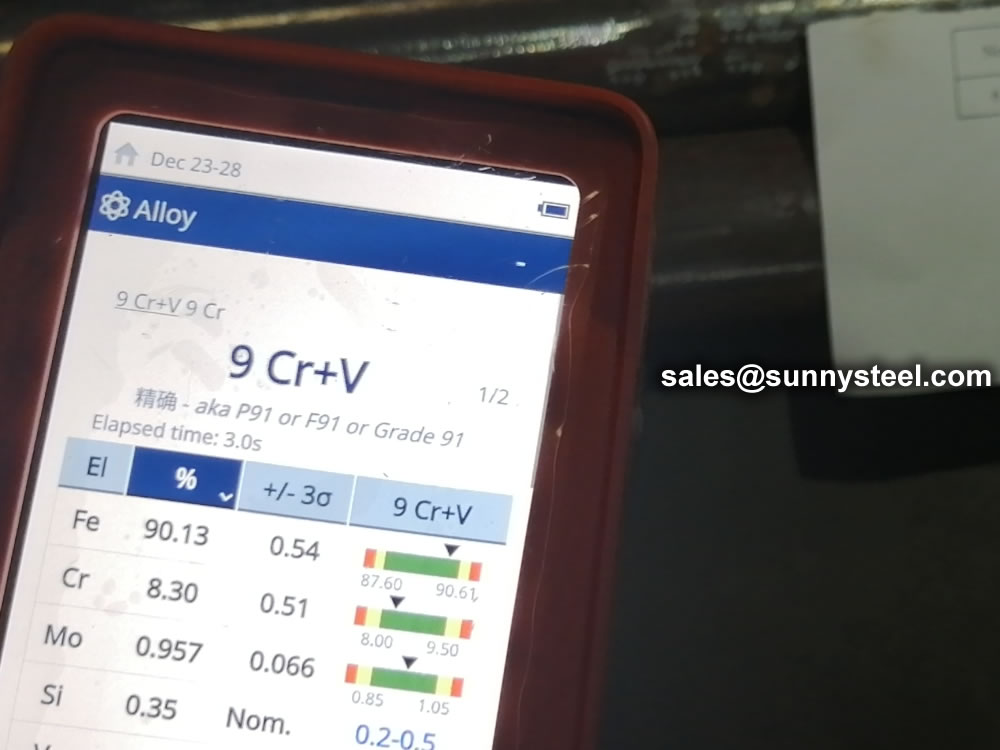
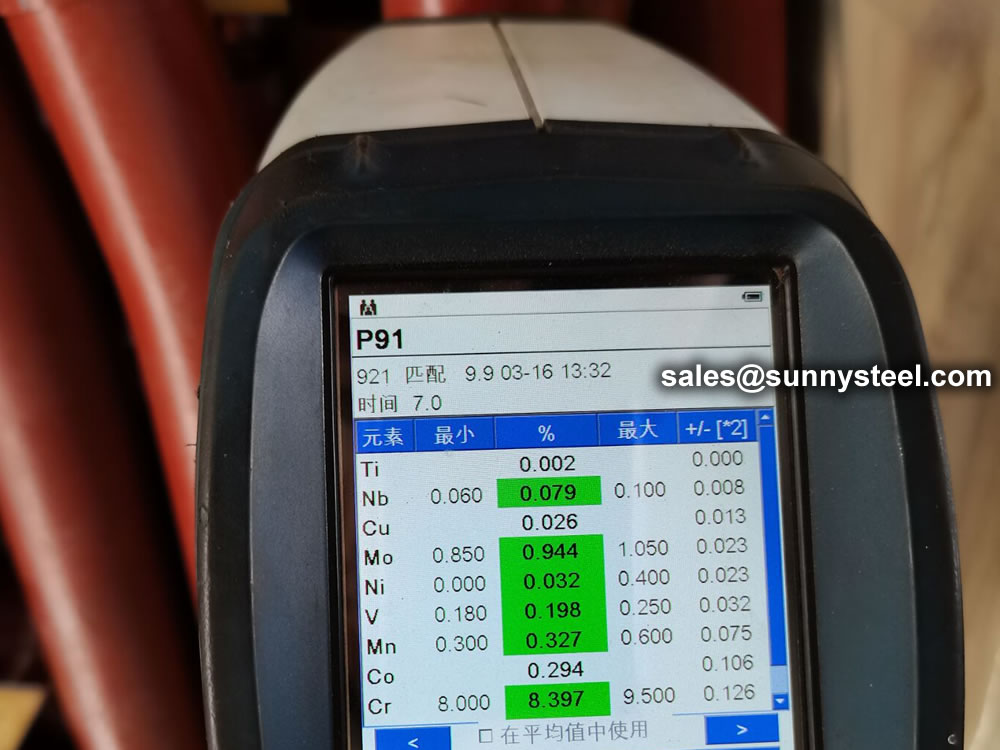
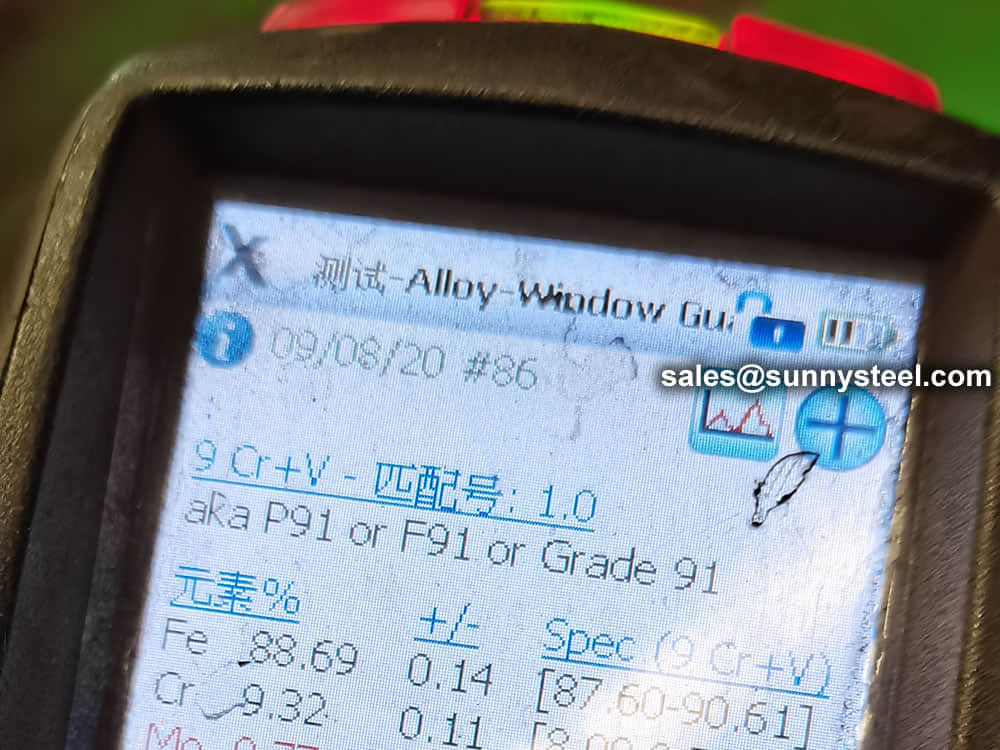
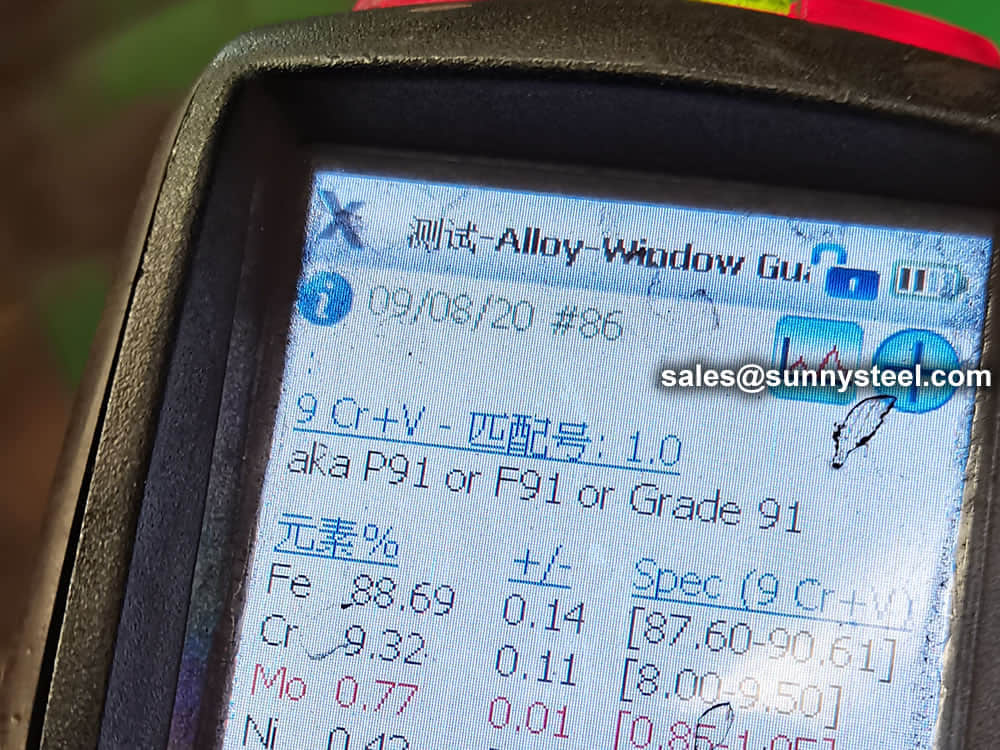
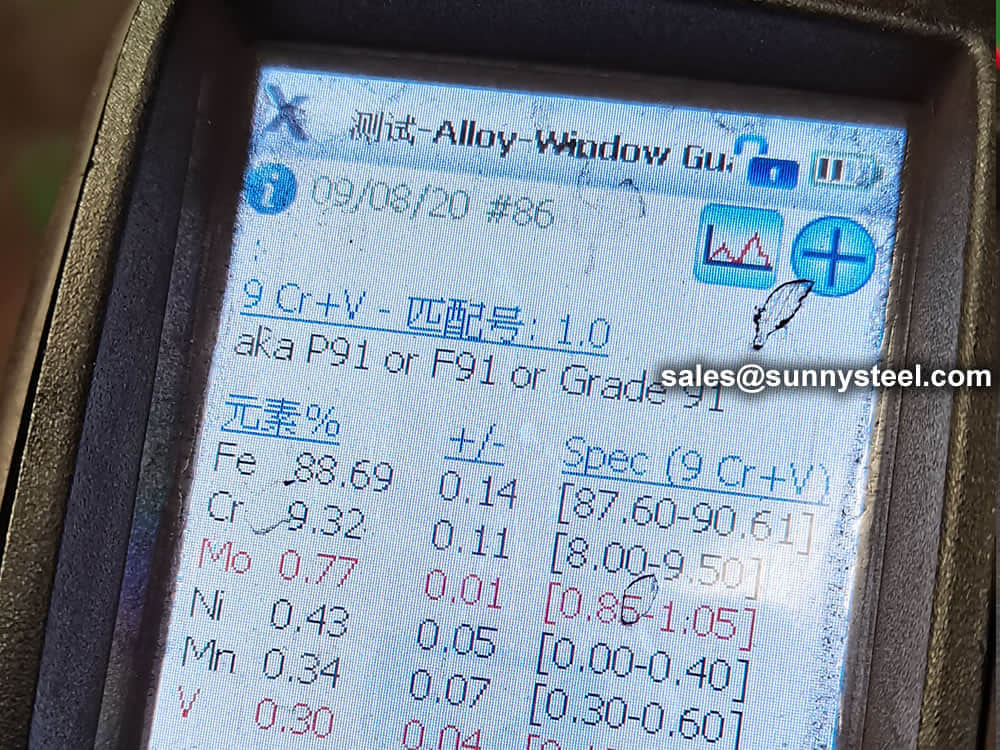

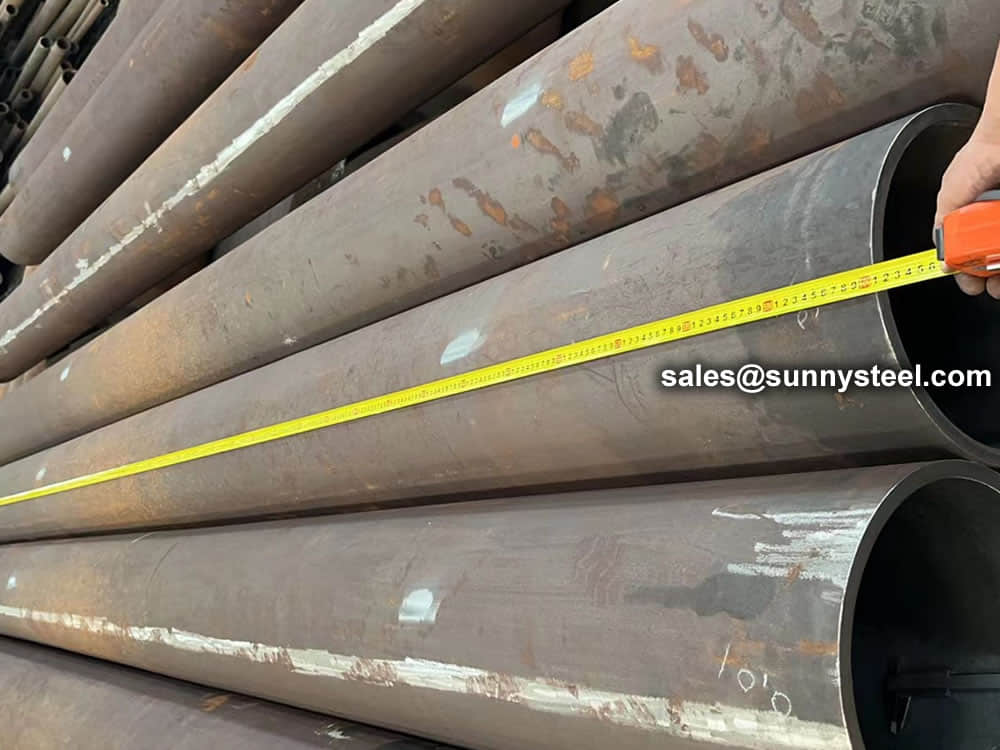
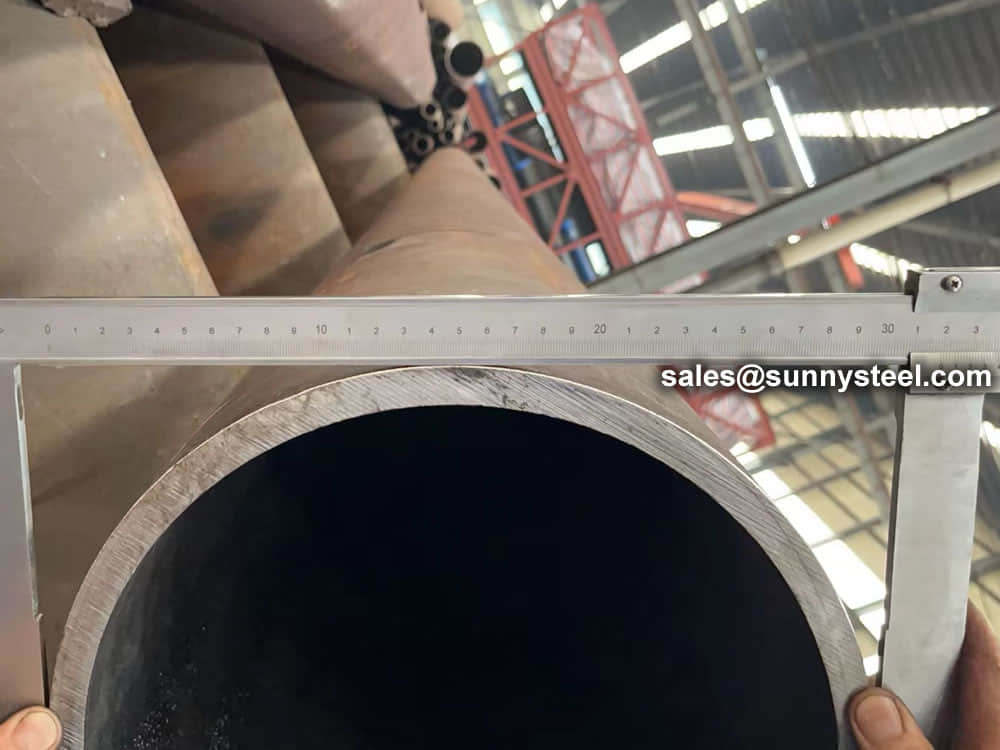
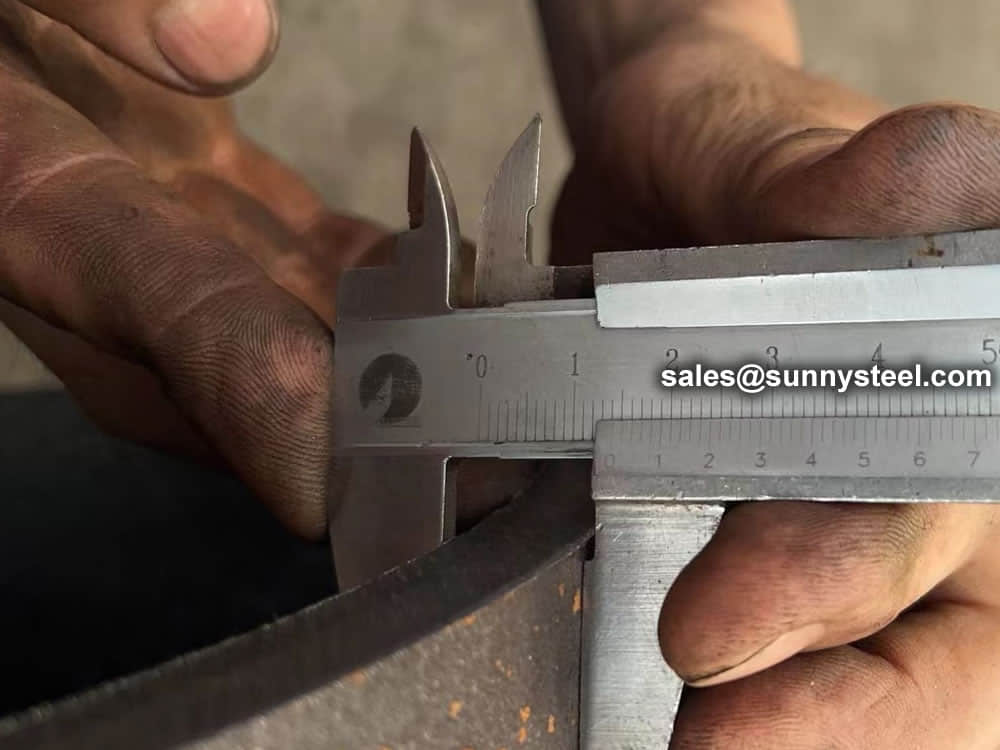
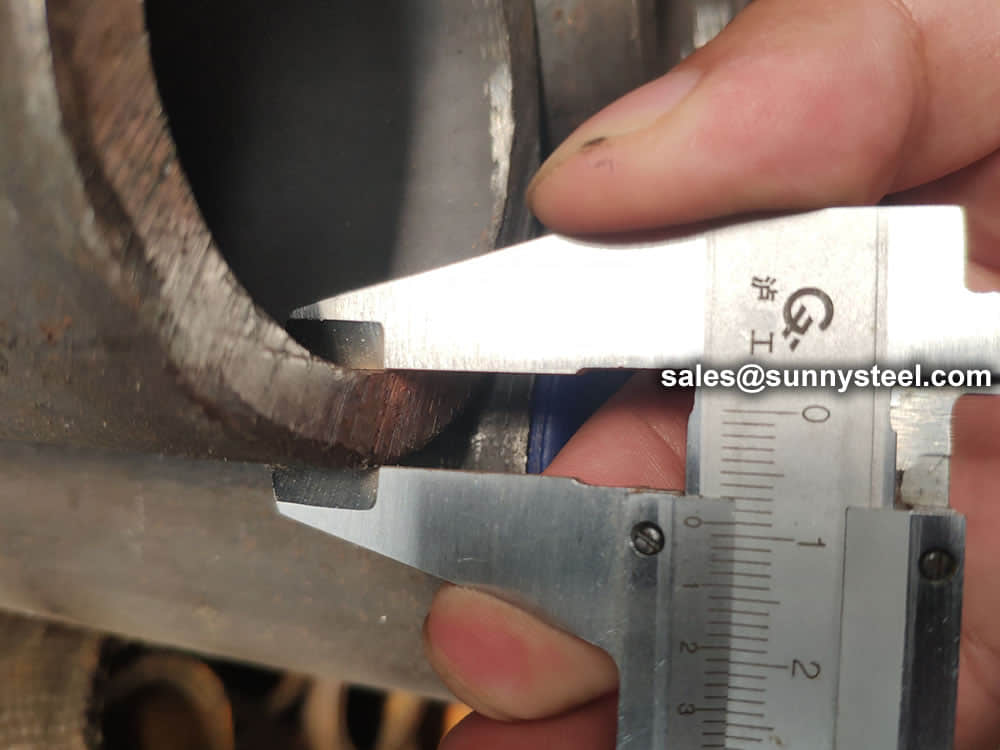
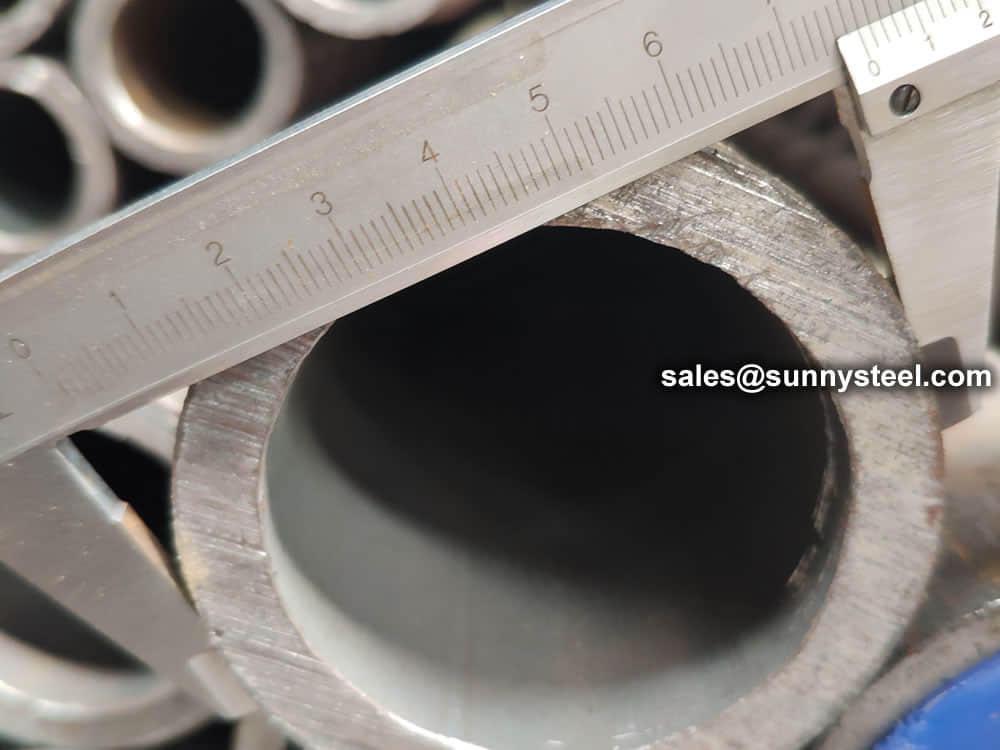
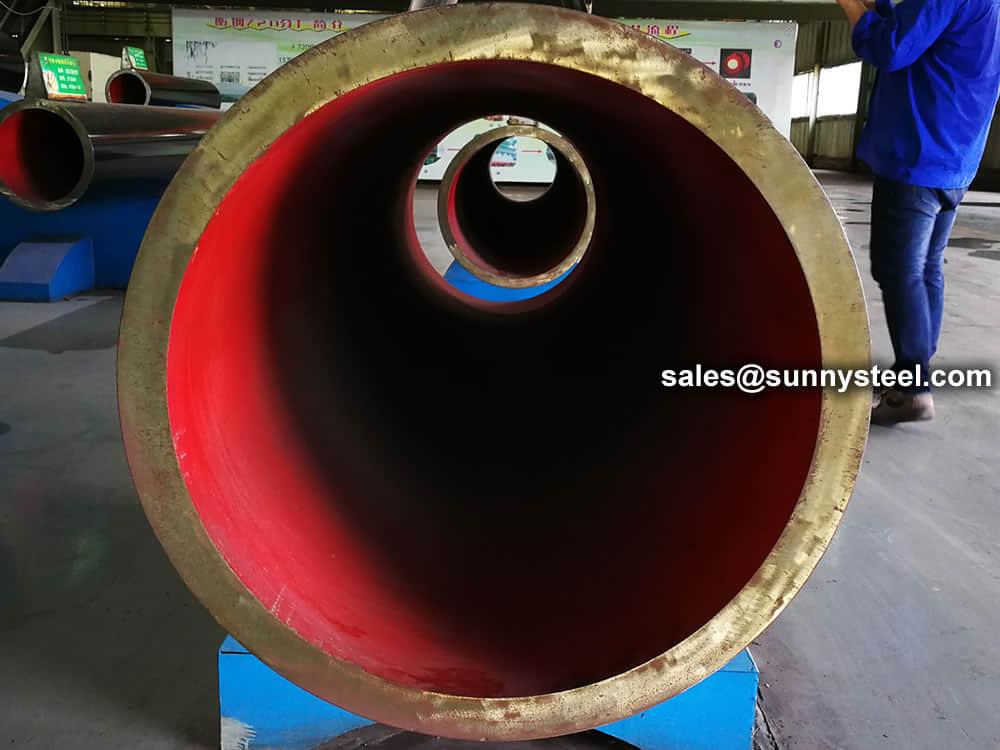
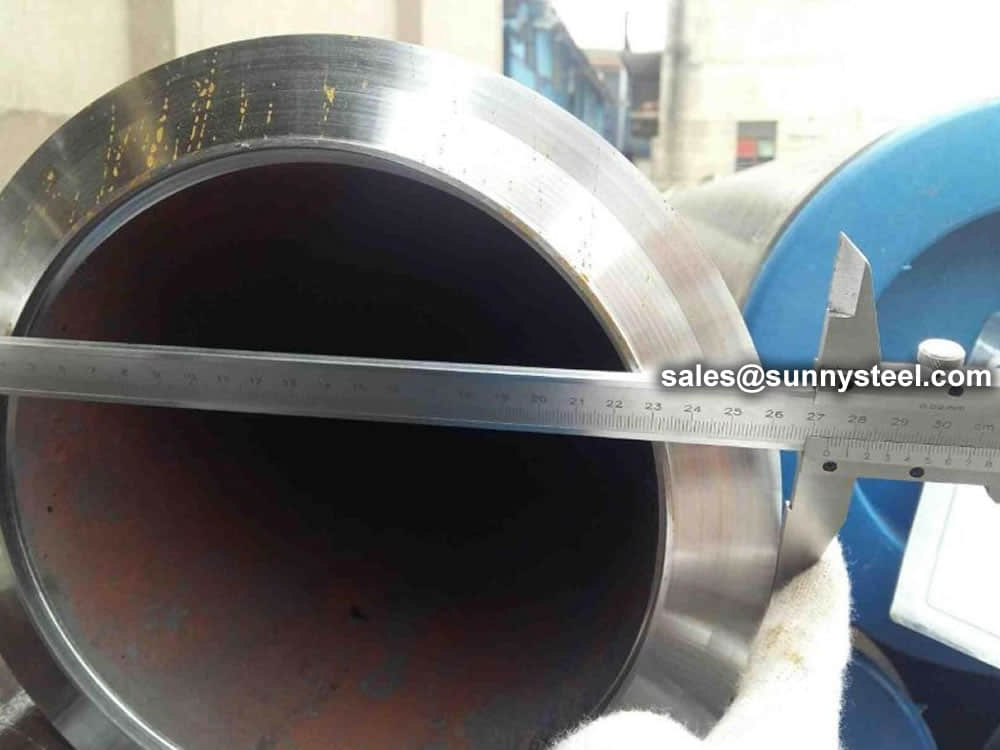
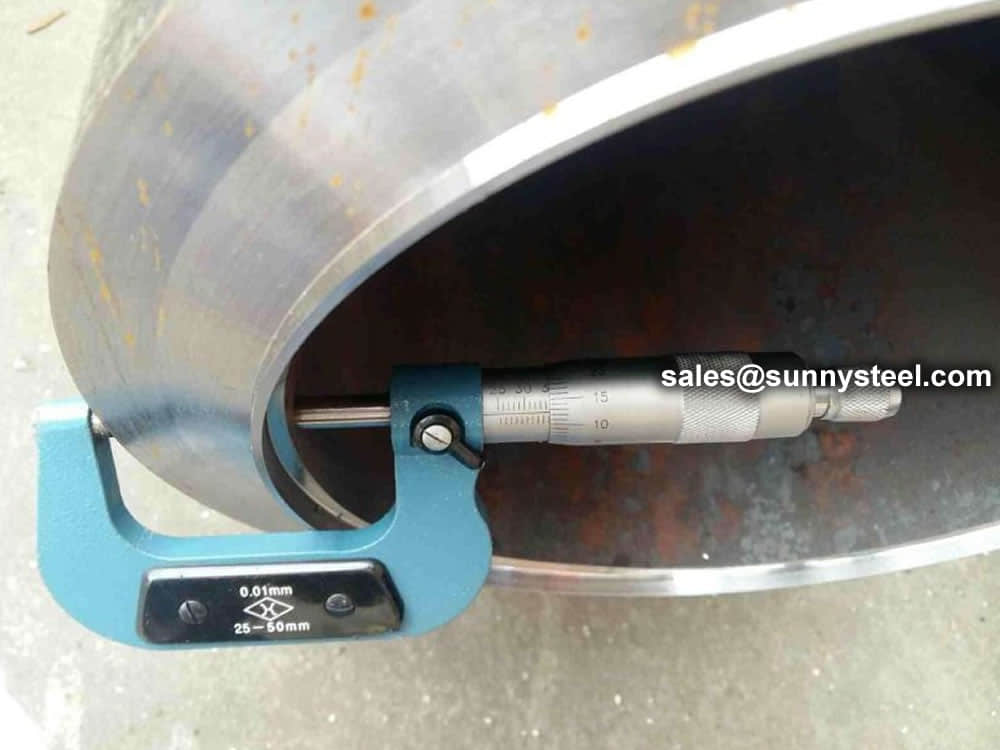
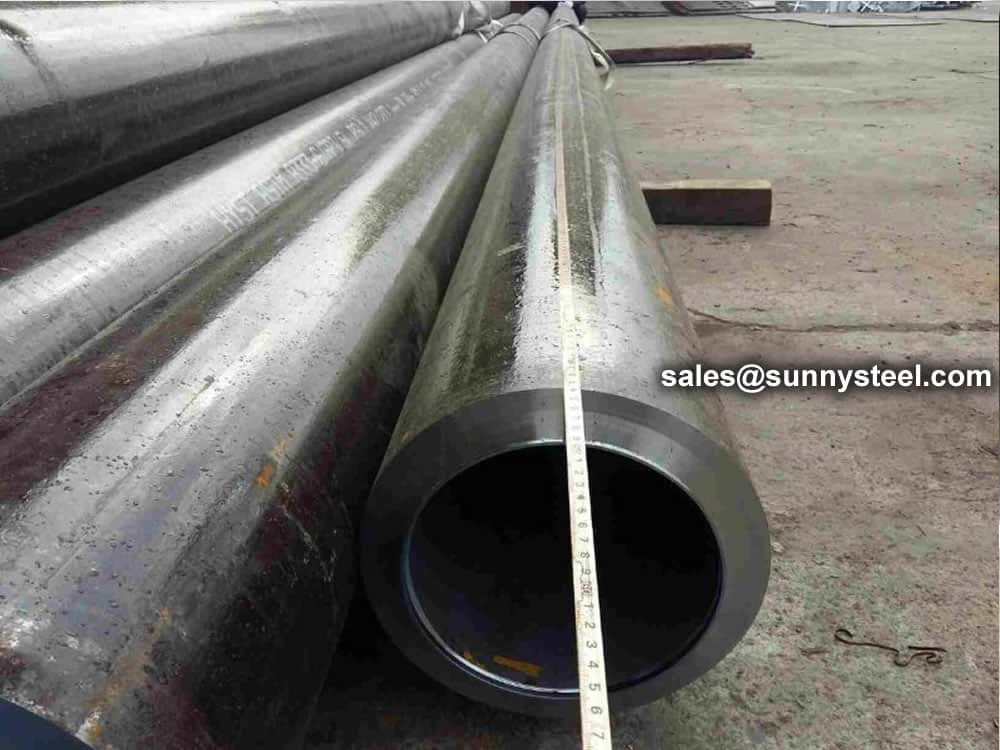
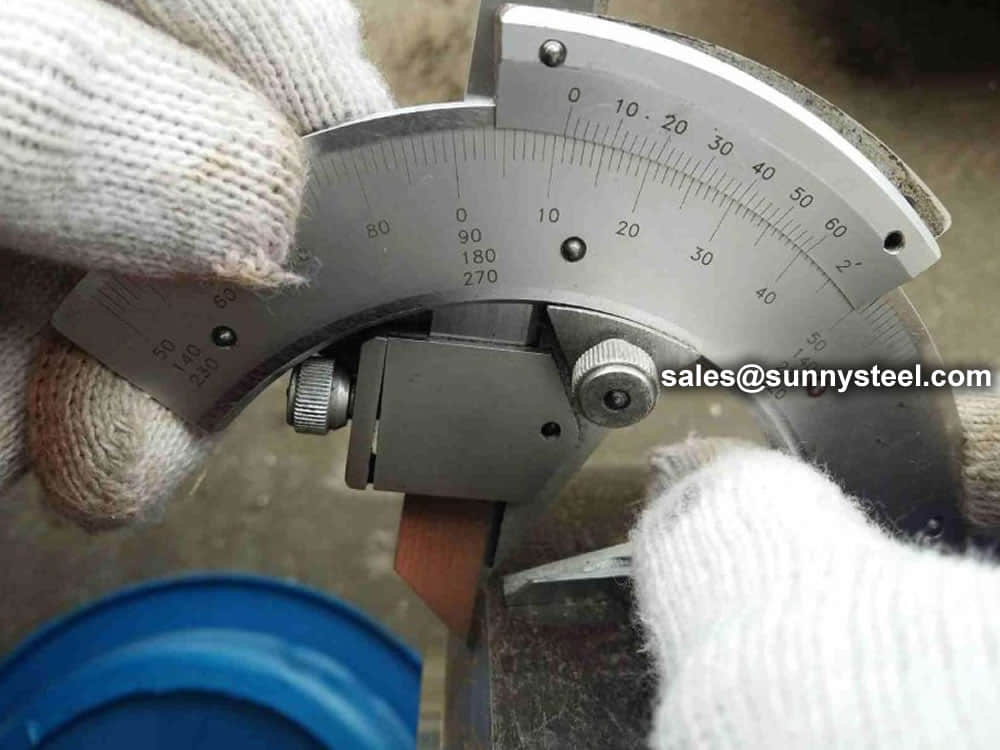
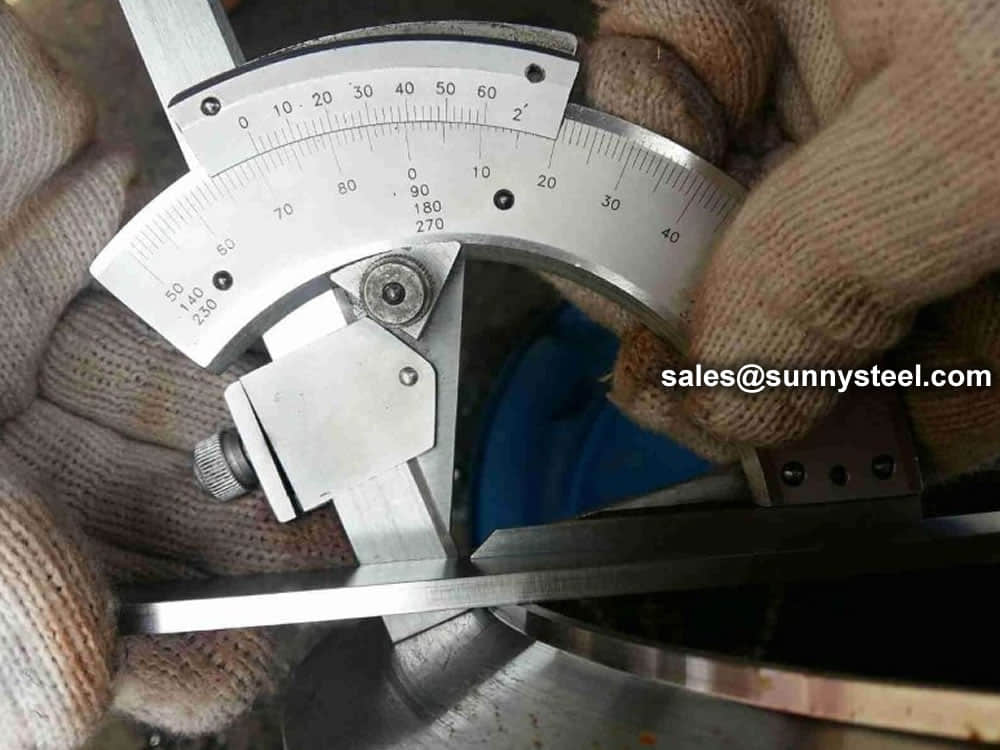
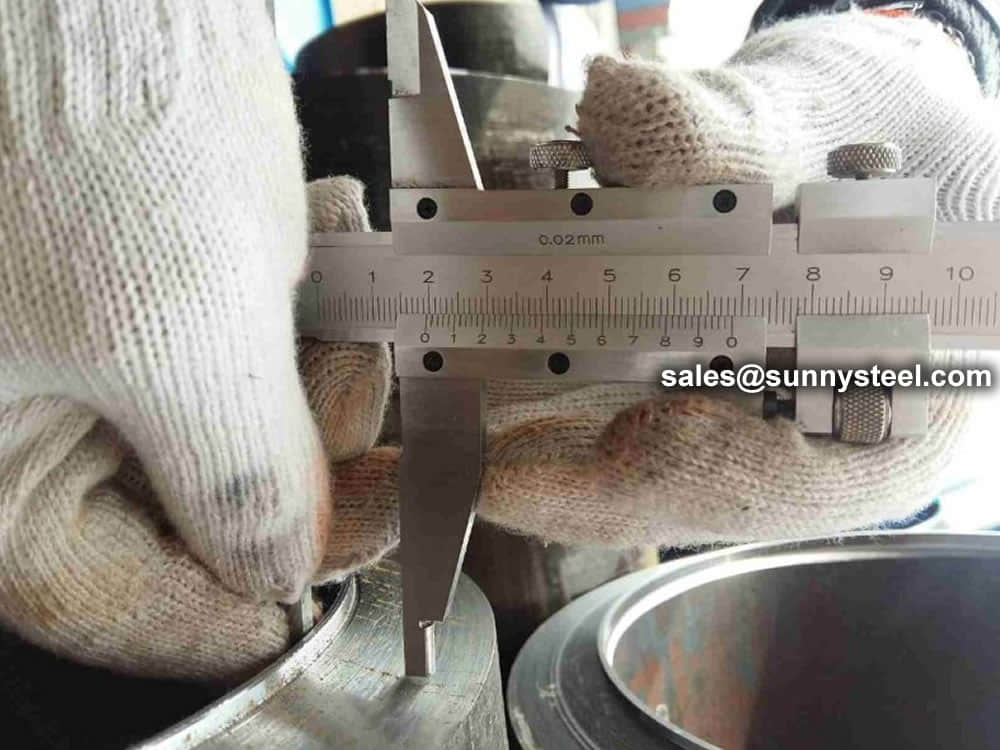
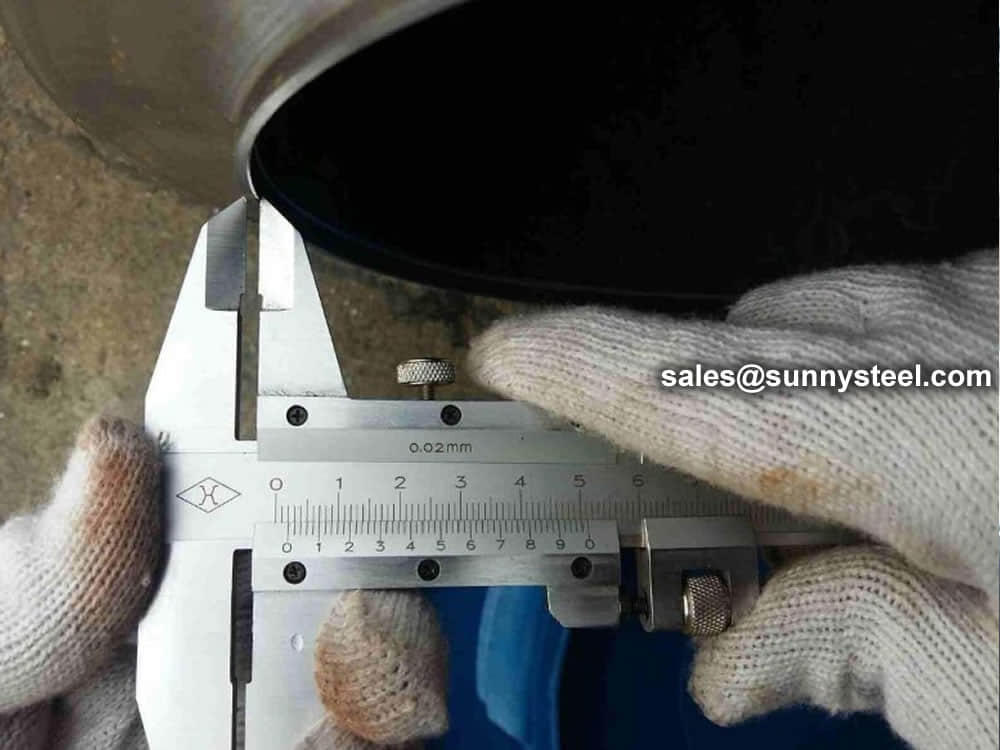
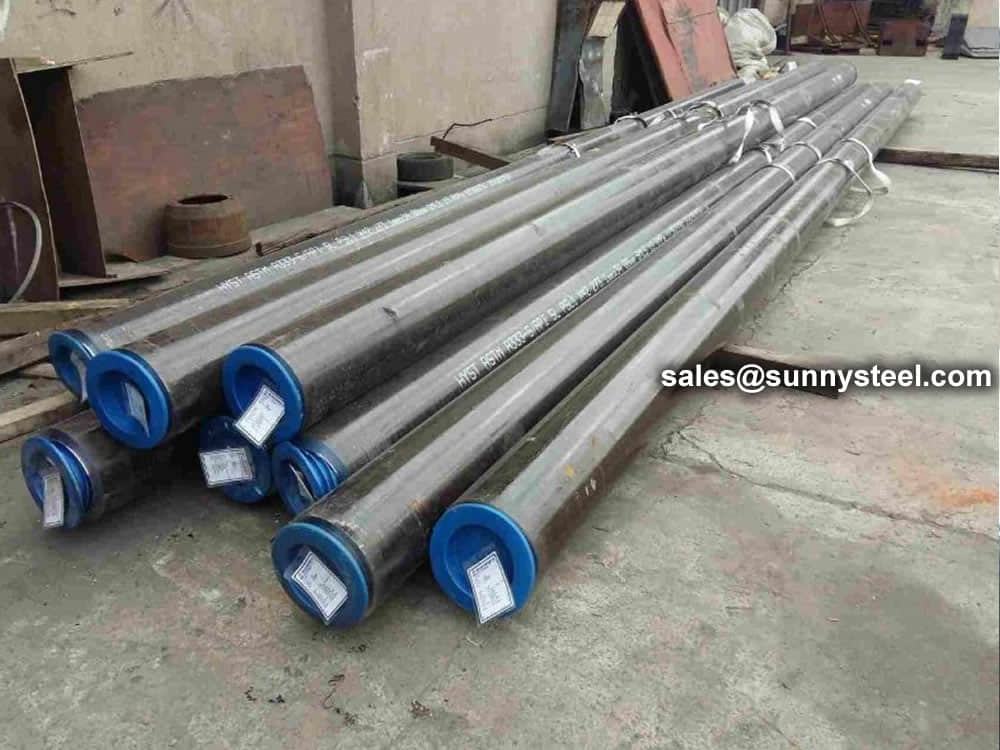
Steel pipe delivery status(condition): cold / hard (BK), cold / soft (BKW), after cold stress relief annealing (BKS), annealing (GBK), normalized (NBK).
| Term | Symbol | Explanation |
|---|---|---|
| Cold-finished/hard (cold-finished as-drawn) | BK | No heat treatment after the last cold-forming process. The tubes therefore have only low deformability. |
| Cold-finished/soft (lightly cold-worked) | BKW | After the last heat treatment there is a light finishing pass (cold drawing) With proper subsequent processing, the tube can be cold-formed (e.g. bent, expanded) within certain limits. |
| Annealed | GBK | After the final cold-forming process the tubes are annealed in a controlled atmosphere or under vacuum. |
| Normalized | NBK | The tubes are annealed above the upper transformation point in a controlled atmosphere or under vacuum. |
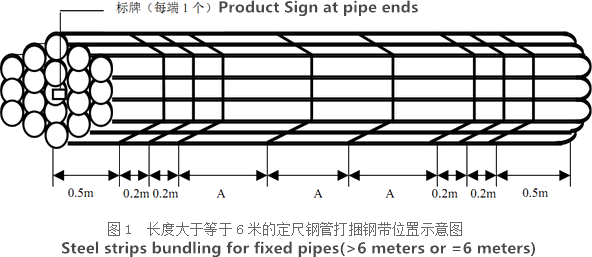
The general cold strip mills, volume should go through continuous annealing (CAPL unit) to eliminate cold hardening and rolling stress, or batch annealing reach the mechanical properties of the corresponding standard specifies. Cold rolled steel surface quality, appearance, dimensional accuracy better than hot-rolled plate, and right-rolled thin product thickness is about 0.18mm, so the majority of users favor.
Cold rolled steel coil substrate products deep processing of high value-added products. Such as electro-galvanized, hot dip galvanized, electro-galvanized fingerprint resistant, painted steel roll damping composite steel, PVC laminating steel plates, etc., so that the excellent quality of these products has a beautiful, high resistance to corrosion, has been widely used.
Cold rolled steel coil finishing after annealing, cut the head, tail, trimming, flattening, smooth, heavy volume, or longitudinal clipboard. Cold-rolled products are widely used in automobile manufacturing, household electrical appliances, instruments, switches, buildings, office furniture and other industries. Steel plate strapping package weight of 3 to 5 tons. Flat sub-volume typically 3 to 10 tons / volume. Coil diameter 6m.
Bare packing/bundle packing/crate packing/wooden protection at the both sides of tubes and suitably protected for sea-worthly delivery or as requested.
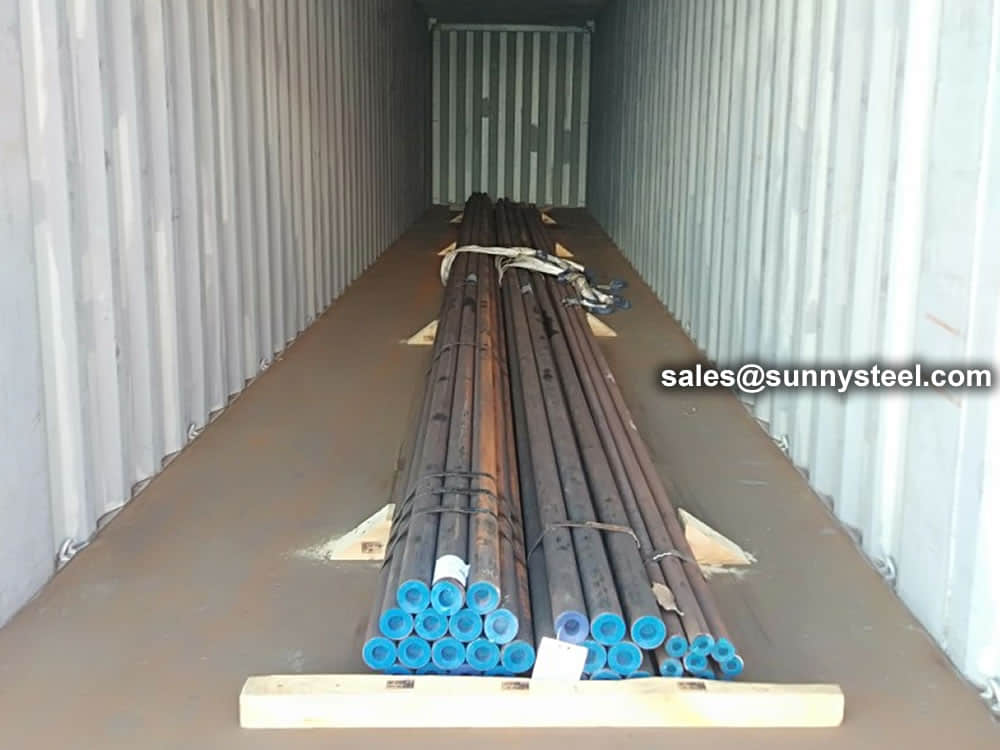
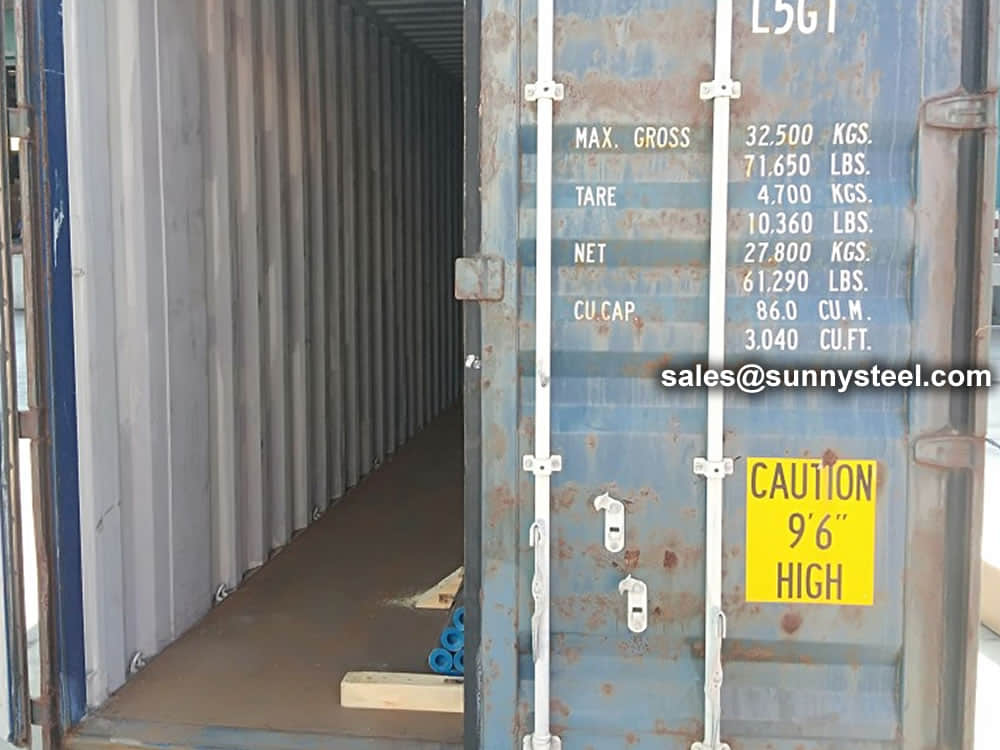
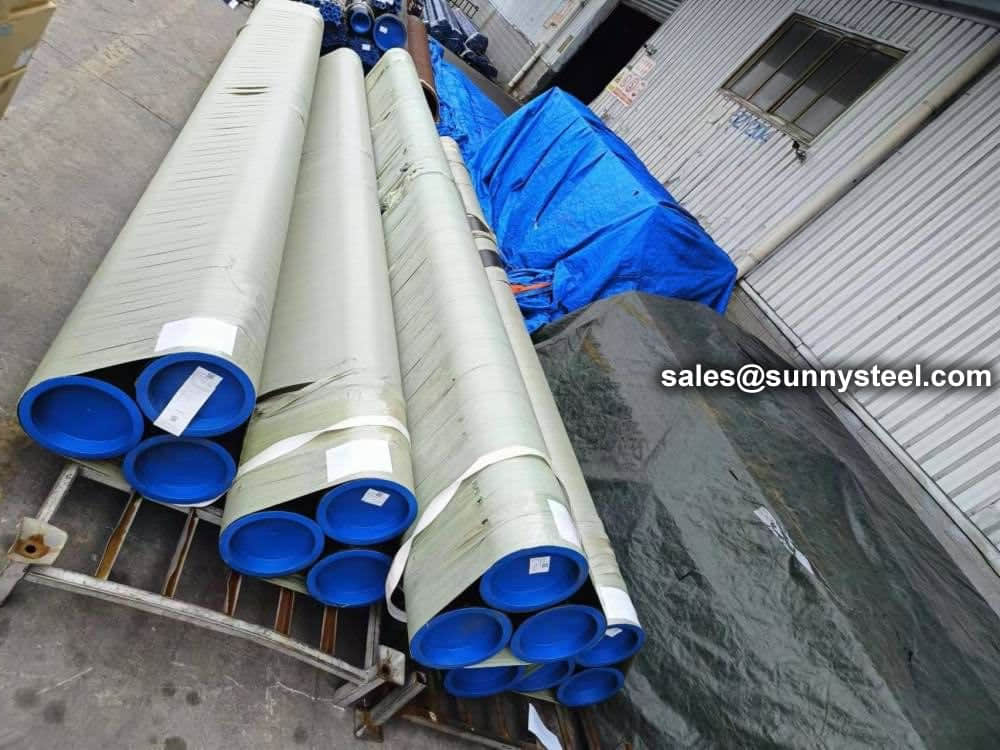
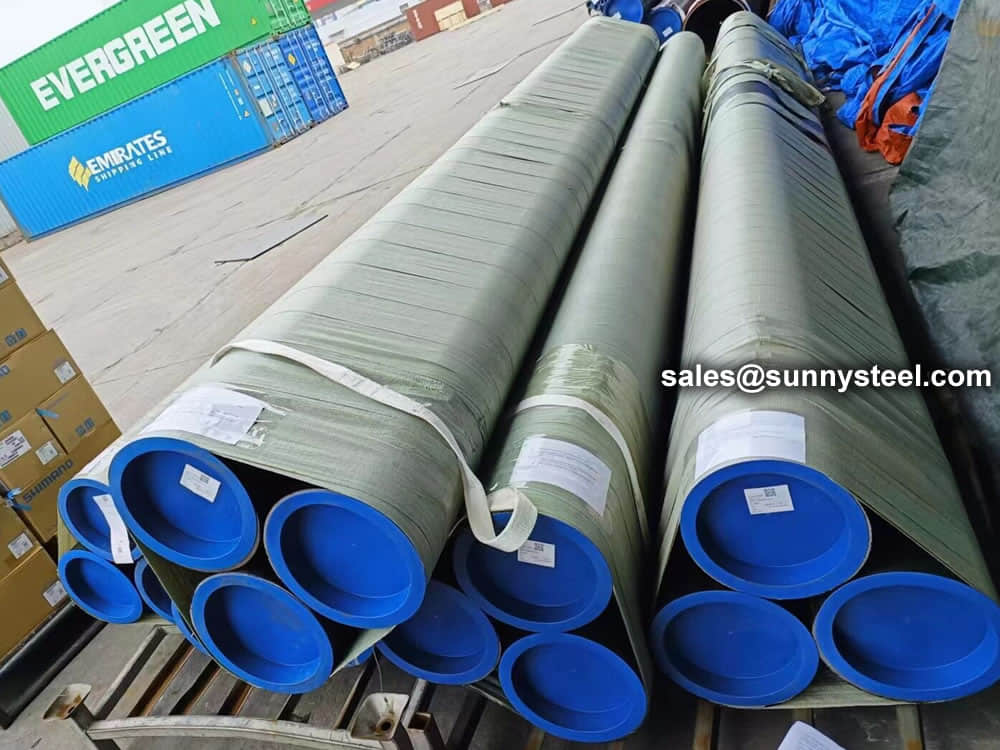
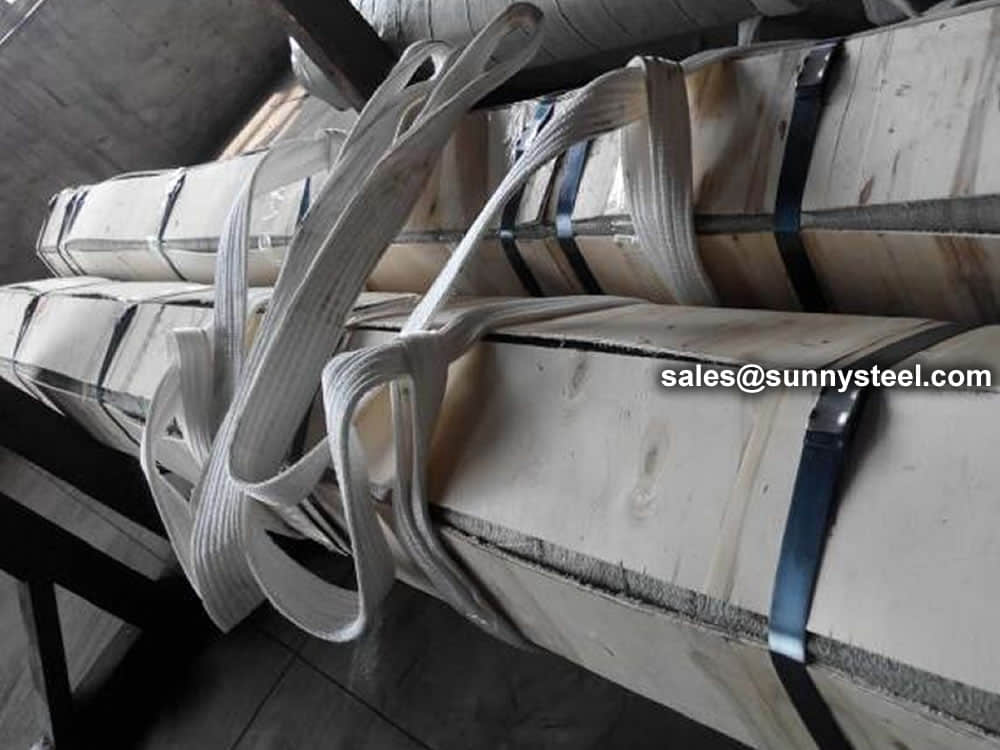
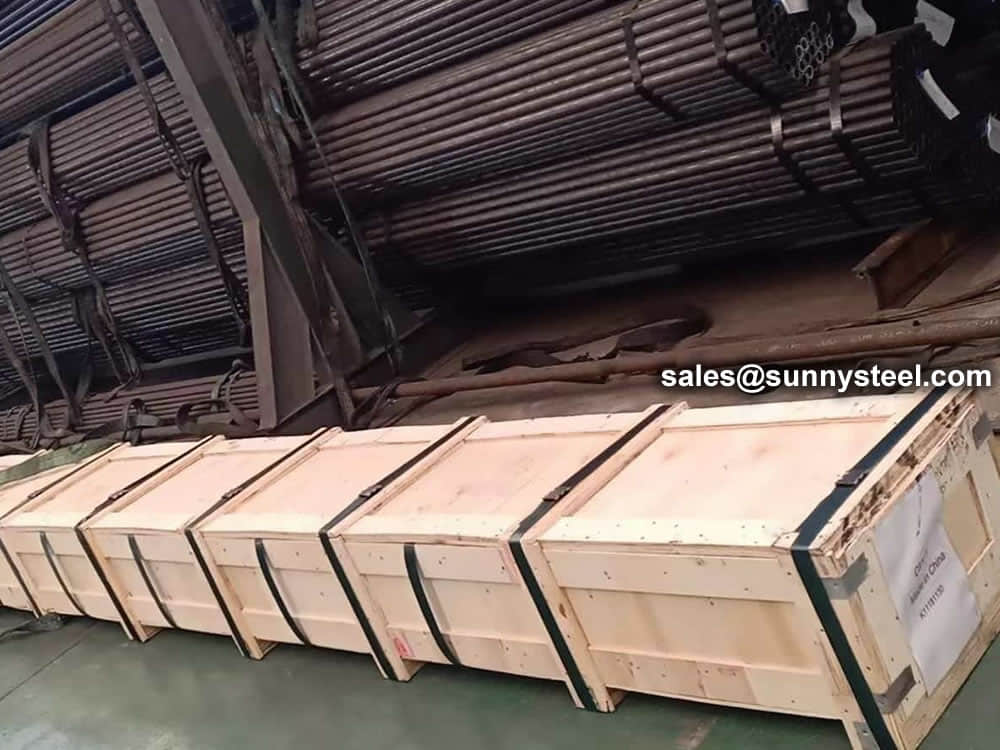
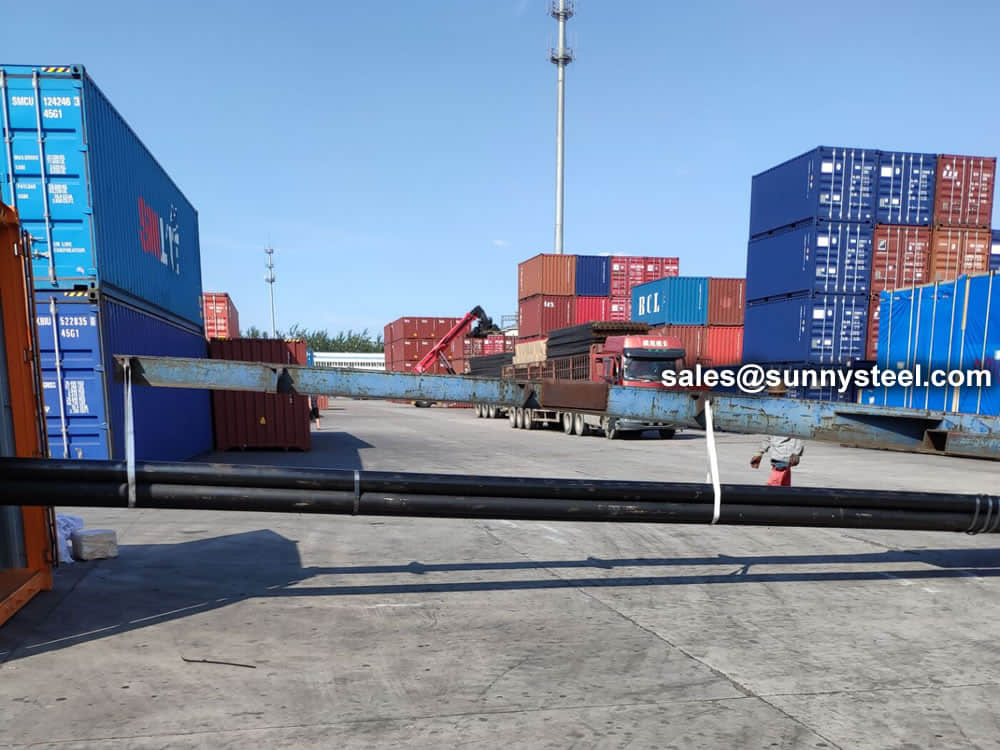
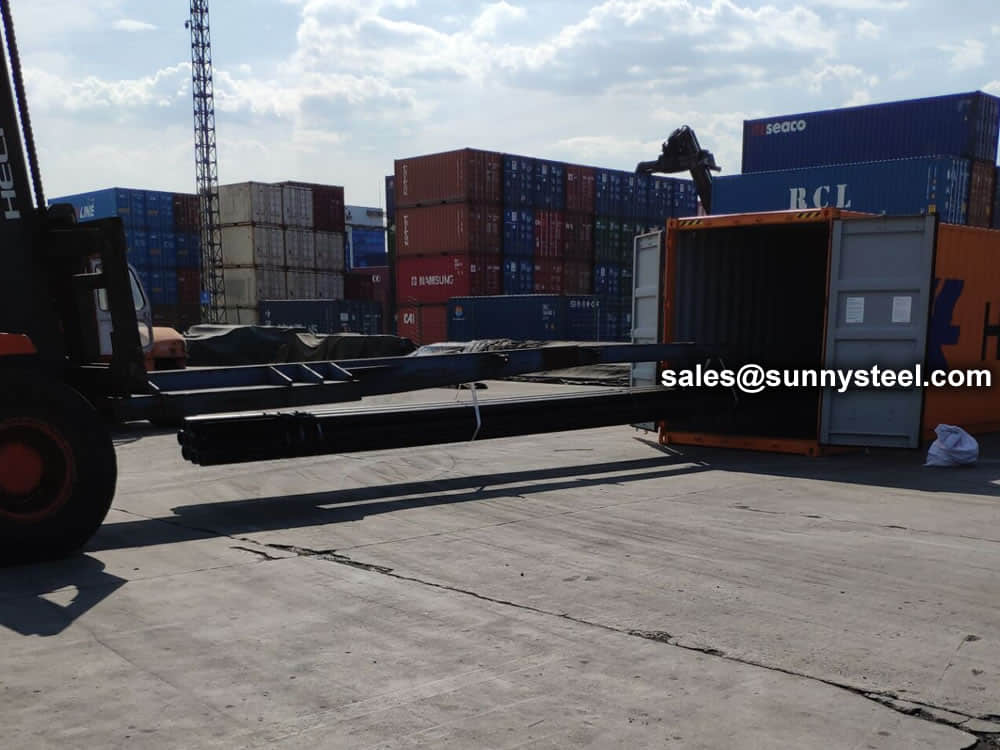
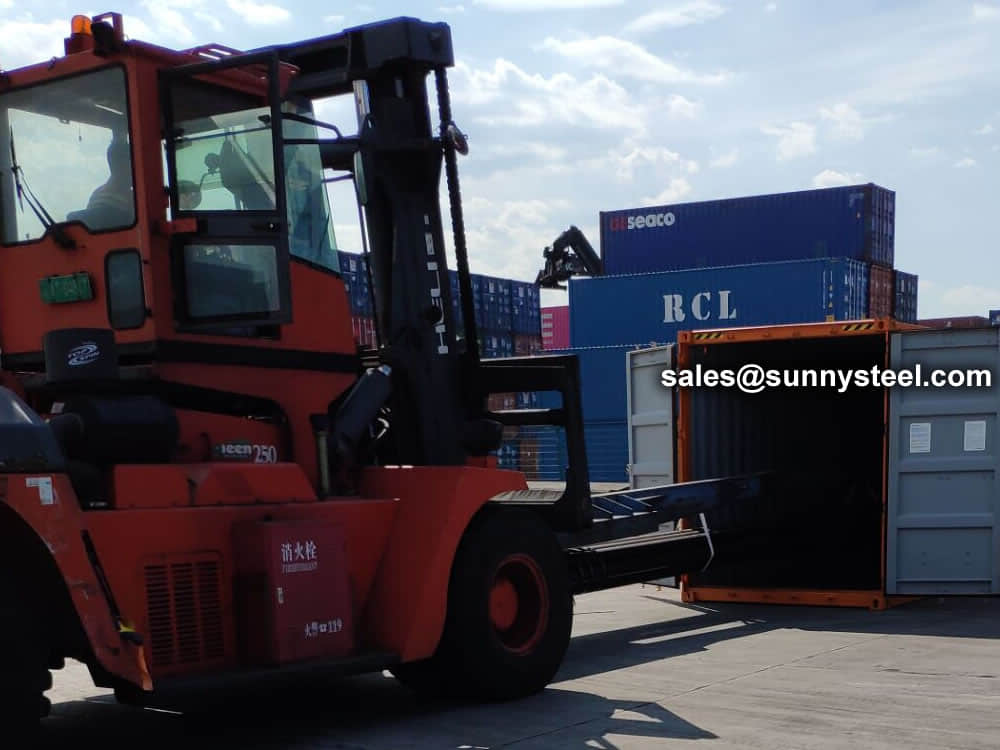
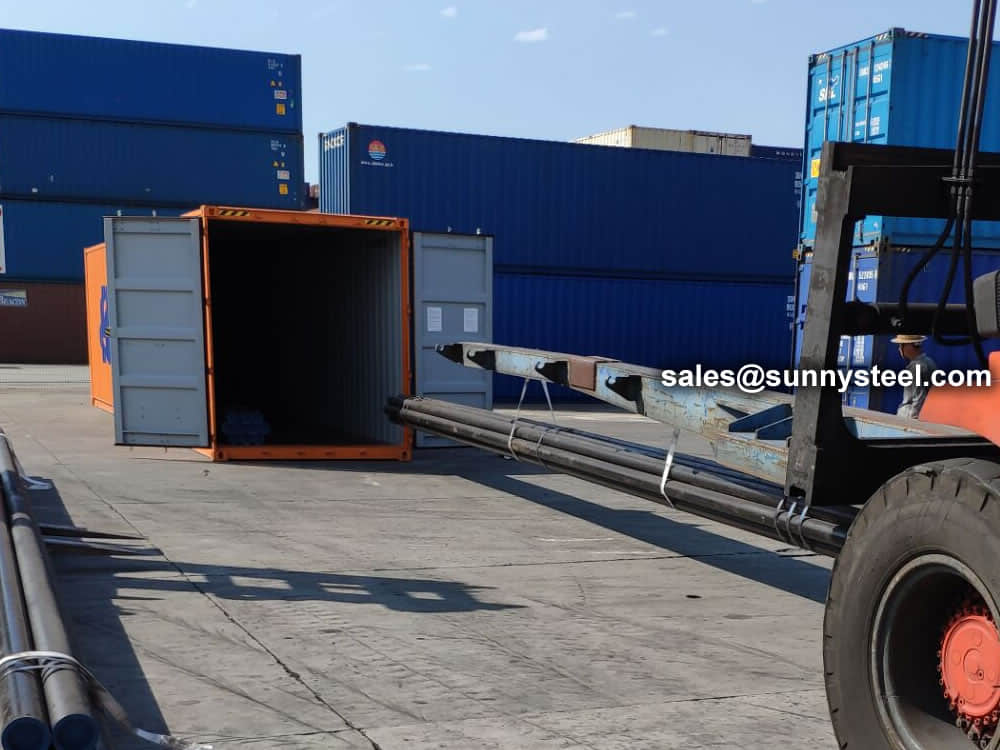
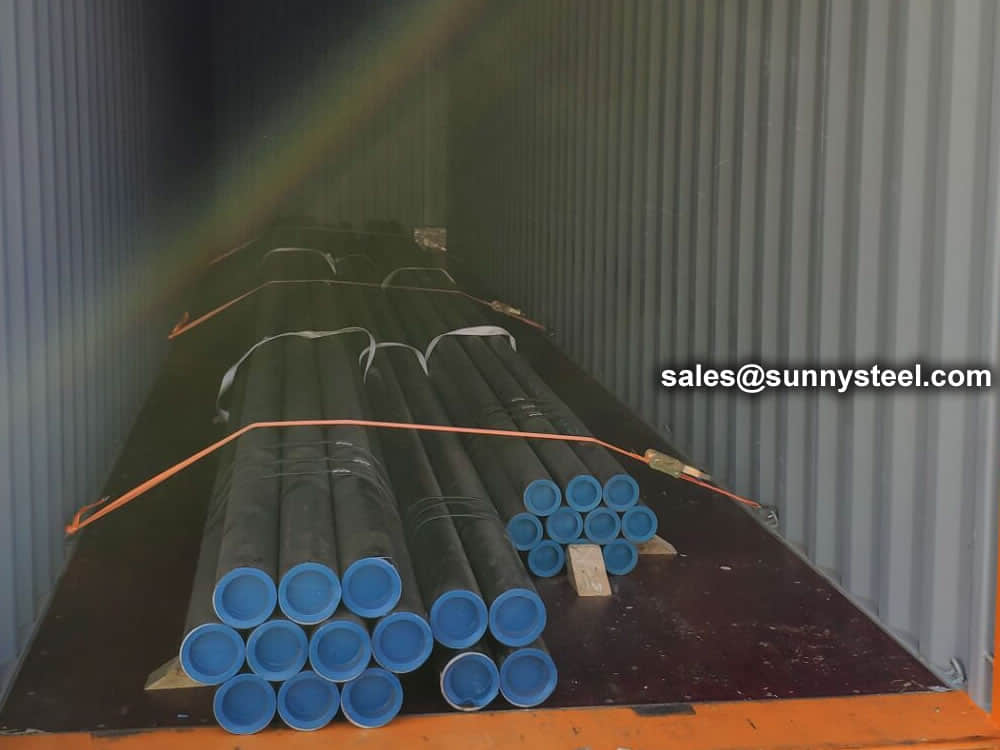
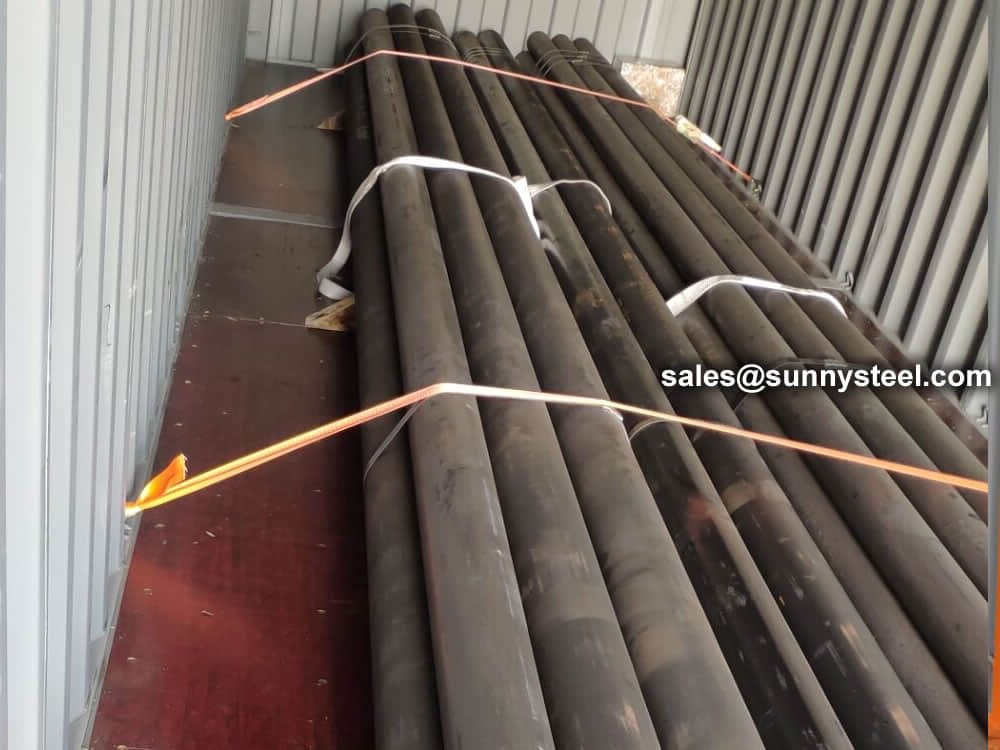
There are probably hundreds of different methods for packing a pipe, and most of them have merit, but there are two principles that are vital for any method to work prevent rusting and Sea transportation security.
Our packing can meet any needs of the customers.
Our team of experienced sales specialists proudly partners with gas and chemical processors, power generation plants, oil refineries, and related industries to offer piping components and value-added services.
Alloy steels are made by combining carbon steel with one or several alloying elements, such as manganese, silicon, nickel, titanium, copper, chromium and aluminum. These metals are added to produce specific properties that are not found in regular carbon steel. The elements are added in varying proportions (or combinations) making the material take on different aspects such as increased hardness, increased corrosion resistance, increased strength, improved formability (ductility); the weldability can also change.
Commonly used alloying elements and their effects are listed in the table given below.
| Alloying Elements | Effect on the Properties |
|---|---|
| Chromium | Increases Resistance to corrosion and oxidation. Increases hardenability and wear resistance. Increases high temperature strength. |
| Nickel | Increases hardenability. Improves toughness. Increases impact strength at low temperatures. |
| Molybdenum | Increases hardenability, high temperature hardness, and wear resistance. Enhances the effects of other alloying elements. Eliminate temper brittleness in steels. Increases high temperature strength. |
| Manganese | Increases hardenability. Combines with sulfur to reduce its adverse effects. |
| Vanadium | Increases hardenability, high temperature hardness, and wear resistance. Improves fatigue resistance. |
| Titanium | Strongest carbide former. Added to stainless steel to prevent precipitation of chromium carbide. |
| Silicon | Removes oxygen in steel making. Improves toughness. Increases hardness ability |
| Boron | Increases hardenability. Produces fine grain size. |
| Aluminum | Forms nitride in nitriding steels. Produces fine grain size in casting. Removes oxygen in steel melting. |
| Cobalt | Increases heat and wear resistance. |
| Tungsten | Increases hardness at elevated temperatures. Refines grain size. |

When you partner with Sunny Steel, you can stop worrying about meeting deadlines thanks to our responsive and timely service. You'll also say goodbye to unnecessary shopping around. Instead, you'll get white glove service from an expert who understands your needs and can get you the materials you need quickly.
